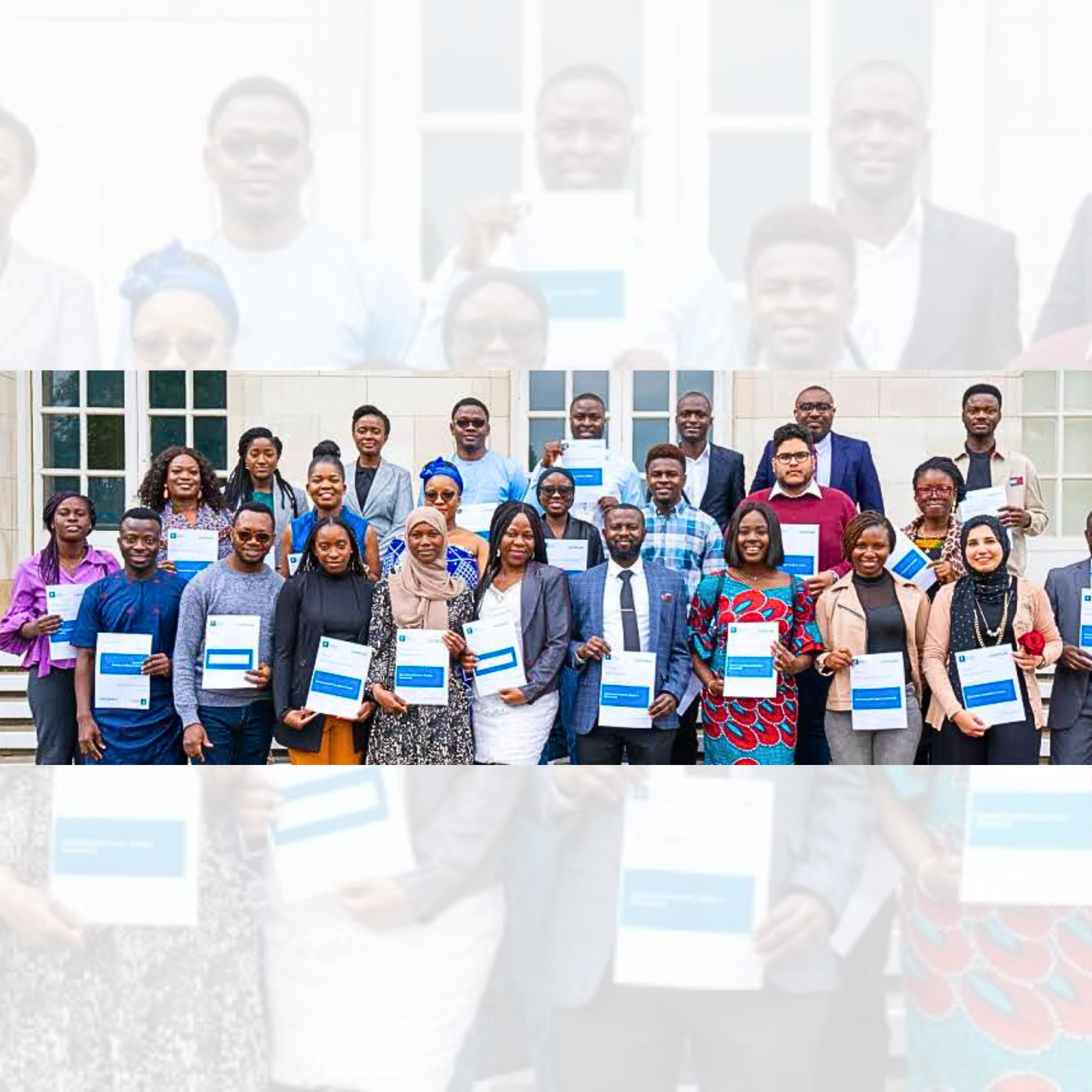International postgraduate scholarships for Africans are provided by numerous universities and organisations. The African Leaders of Tomorrow Scholarship, the Chevening Scholarship, and the Fulbright Foreign Student Programme are a few well-liked choices. However, it is essential to check with particular scholarships database for the type of postgraduate scholarship you want.
Eligibility
International postgraduate scholarships for Africans have a wide range of eligibility requirements. Usually, they take into account things like a strong dedication to community service, leadership abilities, and academic ability. A minimum GPA, results from language proficiency exams like the TOEFL or IELTS, and relevant work experience are examples of specific prerequisites.
It’s imperative to carefully go over the requirements for eligibility provided by each scholarship source. For detailed information on eligibility criteria for specific scholarships, consider reaching out to scholarship administrators or visiting the official websites. This will provide comprehensive details on qualifying standards.

Benefits
The advantages of receiving a valuable postgraduate scholarship for Africans frequently include funding for living expenses, tuition, and even travel expenses. In addition, Recipients might also get access to mentorship programmes, professional and academic networks, and chances for research projects or internships.
Furthermore, With the financial burden of taking an international postgraduate degree overseas greatly reduced, these grants allow students to concentrate on their studies and make valuable contributions to their academic and professional development.
Application
Use these general procedures to apply for postgraduate scholarships abroad:
- Scholarships for Research: Firstly, find scholarships that fit your academic and professional objectives. Secondly, explore scholarship databases, university websites, and relevant organisations.
- Get the paperwork ready: Collect the necessary paperwork, including your statement of intent, recommendation letters, transcripts of your studies, and certification of your language skills. , a research proposal might also be necessary for a scholarship.
- Create a Resume/CV: Emphasise your extracurricular activities, employment history, and academic accomplishments.
- Online Application: Fill out the application, attach the required files, and adhere to any special guidelines given.
- Send in before the deadline: Similarly, be mindful of application deadlines. To avoid any problems, submit your application well in advance. After submitting, keep an eye on the status of your application and reply to any correspondence from the scholarship committee.
Finally, keep in mind that every scholarship has a different application procedure, so pay close attention to the guidelines supplied by the particular scholarship you’re interested in.


